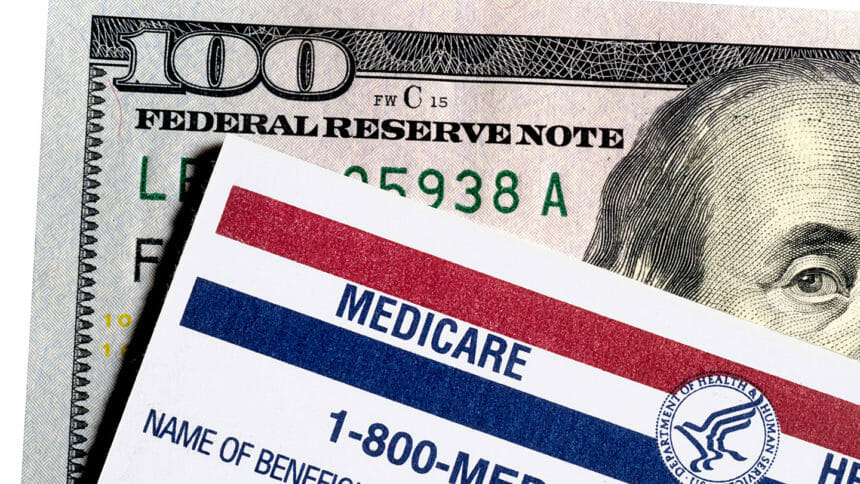
When dementia is diagnosed, Medicare spending for individuals greatly increases due to skilled nursing facility and inpatient treatment, a new study finds.
Spending jumps by about $8,400 in the quarter following a dementia diagnosis and then falls. The reasons behind these cost spikes are nuanced, said investigators from Duke University and the University of Michigan.
Changes in spending are not seen when cognitive impairment is detected during routine screening. This suggests that the new spending is not associated with immediate care needs. Instead, increased spending at the time of clinical dementia diagnosis is likely due to the costs associated with the diagnosis or a healthcare crisis, “during which dementia is recognized as a contributing factor,” researchers reported. In addition, the spending spikes did not vary across sex, race, education or dual eligibility status, they noted.
The results suggest that dementia diagnoses are delayed. Meanwhile, events such as heart failure, tracheostomy, stroke and septicemia, or pre-diagnosis functional limitations lead to “costly acute and post-acute care” during which the dementia is identified, the authors wrote.
“Clinicians might make a diagnosis when cognitive impairment becomes severe enough that it noticeably interferes with and harms patients’ self-care, leading to acute exacerbations of treatable ambulatory conditions,” they wrote.
The findings raise questions about the burden of inpatient care costs and how effectively this care addresses underlying patient needs, they added. Clinicians may have opportunities during routine care to screen for dementia and intervene earlier, the authors concluded.
The study was published in the Journal of the American Geriatrics Society.
Related articles:
Most post-acute Medicare recipients with dementia sent to SNFs despite payment changes: study
MA enrollees with dementia report poor quality of care: study



